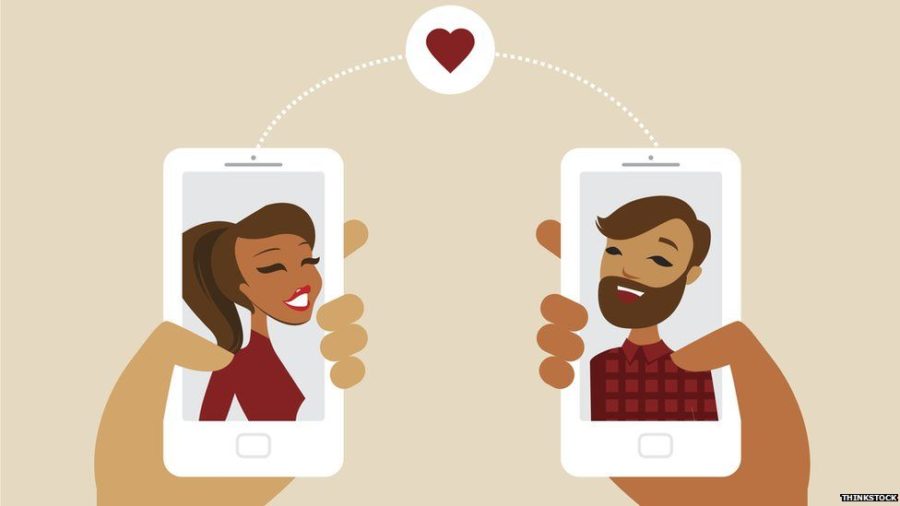
At the start of the new year, popular applications Snapchat and Skype were hacked in unrelated incidents.
According to www.guardianlv.com, two of the most popular tools of today’s communication were hacked, and at least one of these incidents caused personal account information to be leaked onto the internet.
On Dec. 27 Snapchat posted a blog concerning a vulnerability issue that was pointed out to them by a security group.
The problem discussed was that users can find others based upon the telephone numbers in his or her contact list if he or she chooses to upload their contacts to the mobile app. This option entitled “Find Friends” enables each user to access a person’s Snapchat username based upon the phone number they search for. After the blog was published, anonymous hackers decided to prove this flaw.
The unknown hackers compiled a database of 4.6 million Snapchat users and posted each of their names, phone numbers and locations on the www.snapchat.db, a site that is no longer active.
According to www.dailymail.co.uk, the intent behind this event was to prove how vulnerable each person is when he or she signs up for Snapchat. When the hackers posted account information online, they included every digit in each user’s phone number, except for the last two.
Megan Metcalfe, a junior social studies major at The University of Southern Mississippi, agrees everyone is putting their private information at risk when using Snapchat and other similar applications.
“You have to be aware when you download social media apps like that, it is entirely possible that your personal information could be compromised,” Metcalfe said.
After the information was posted, Snapchat immediately updated their app in an attempt to fix the issue.
In an unrelated event, Skype, the popular video phone call application, was also hacked.
On Jan. 1, Skype was hacked by the Syrian Electronic Army (SEA). The organization hacked into each of the official Skype social media accounts and their blog, informing users not to use their Microsoft e-mail accounts because individuals were selling their private account information to the government. Also, the group posted information about Microsoft’s retiring chief executive, Steve Ballmer.
While this type of events can prove to be dangerous for anyone who has an account with a social media website or application, many users still appreciate the convenience that is provided by them.
“I love the speed and convenience of being able to communicate pretty much anywhere,” said Amber Stallworth, a sophomore criminal justice major.






























